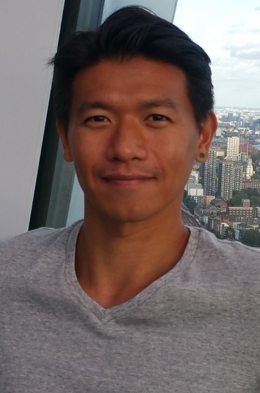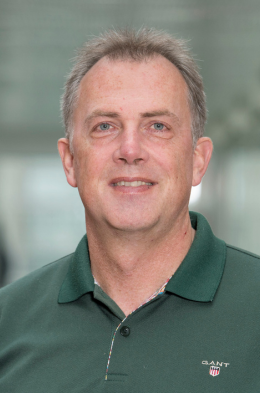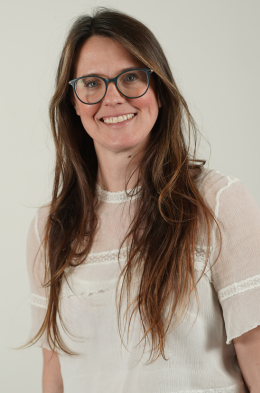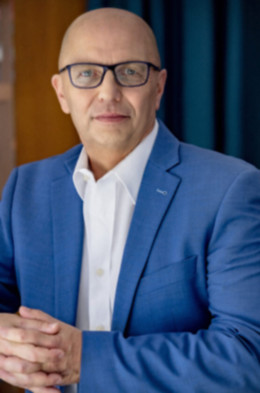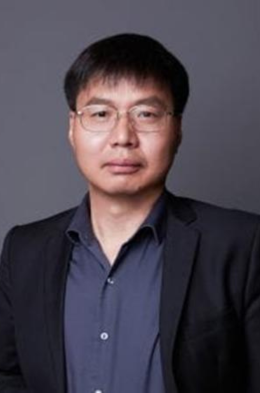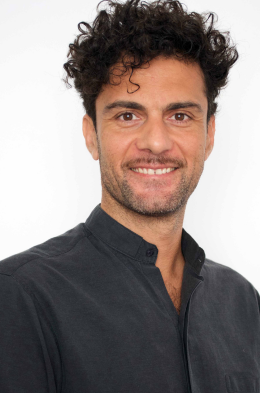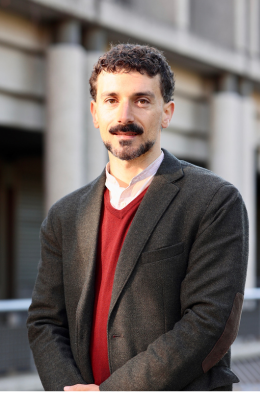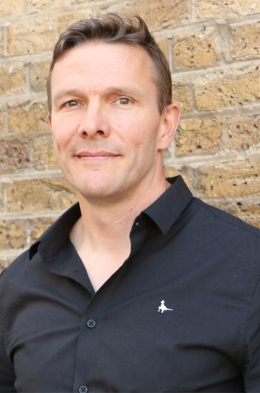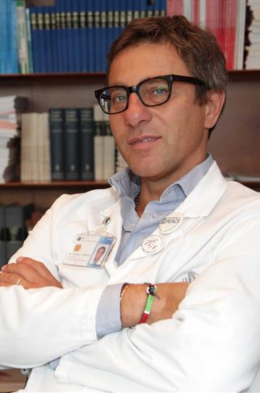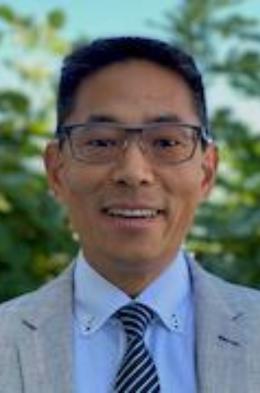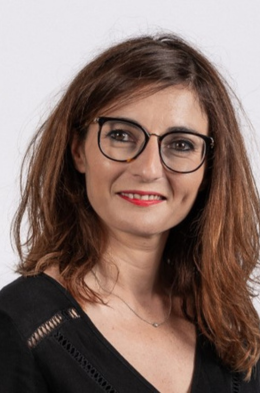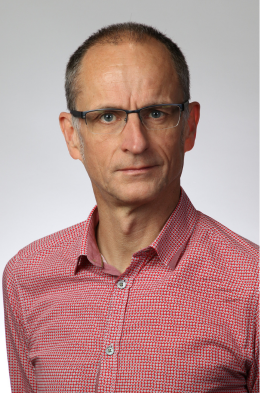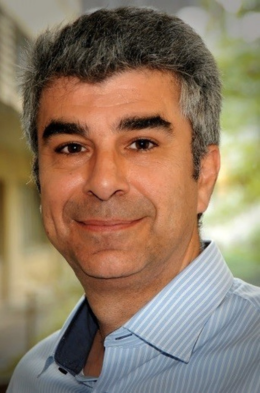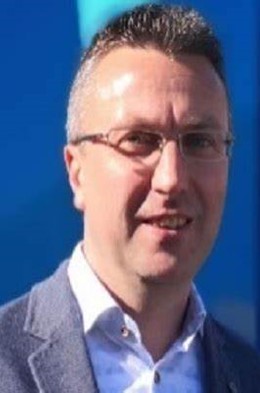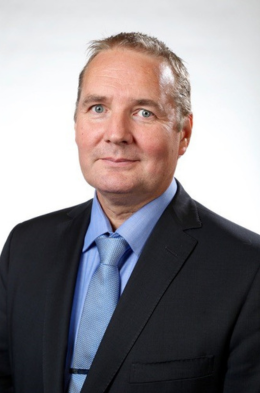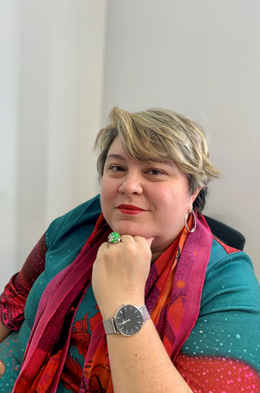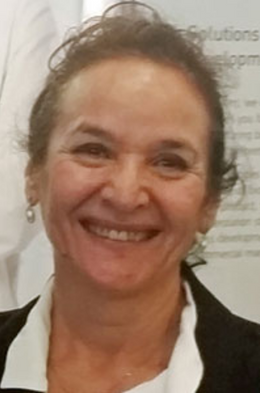Pier Francesco Ferrucci obtained his medical degree from the University of Pisa and his Board Certification in Oncology at the University of Perugia, in Italy. He went on to serve consecutive positions at the European Institute of Oncology in Milan, Italy, as a postdoctoral fellow in the Department of Experimental Oncology directed by Prof. PG Pelicci and then as a clinician within the Hematoncology Department and finally as the Director of the Melanoma and Cutaneous Tumors Unit at the Oncology Department directed by Prof. A. Goldhirsch.
Dr. Ferrucci is currently Director of the Biotherapy of Tumors Unit at that same institution and President of the Italian Network for Bio- Immunotherapy of Tumors (NIBIT). Moreover, dr. Ferrucci is the Founding Member and Scientific Director of the Grazia Focacci Foundation for funding basic and clinical research on cancer and sustaining patients and their families.
He serves as an active Scientific Reviewer and Editorial Board Member for several international journals and maintains active memberships in several international medical societies. As a result of his experience and expertise, he has been a valued invited speaker at more than 80 national and international meetings. He has presided as Principal Investigator on over 50 clinical trials and he is the author of more than 120 publications in peer-reviewed journals, including The New England Journal of Medicine, Lancet Oncology, Nature Medicine, Journal of Clinical Oncology, Journal of Immunotherapy of Cancer, among others.
Primarily, his major interests have included research in immunotherapy and vaccination treatments of solid tumors, combination strategies with I-O, genetics, and proteomics of melanoma, assessment of new molecular markers for tumor progression, biochemical and immunological monitoring.




